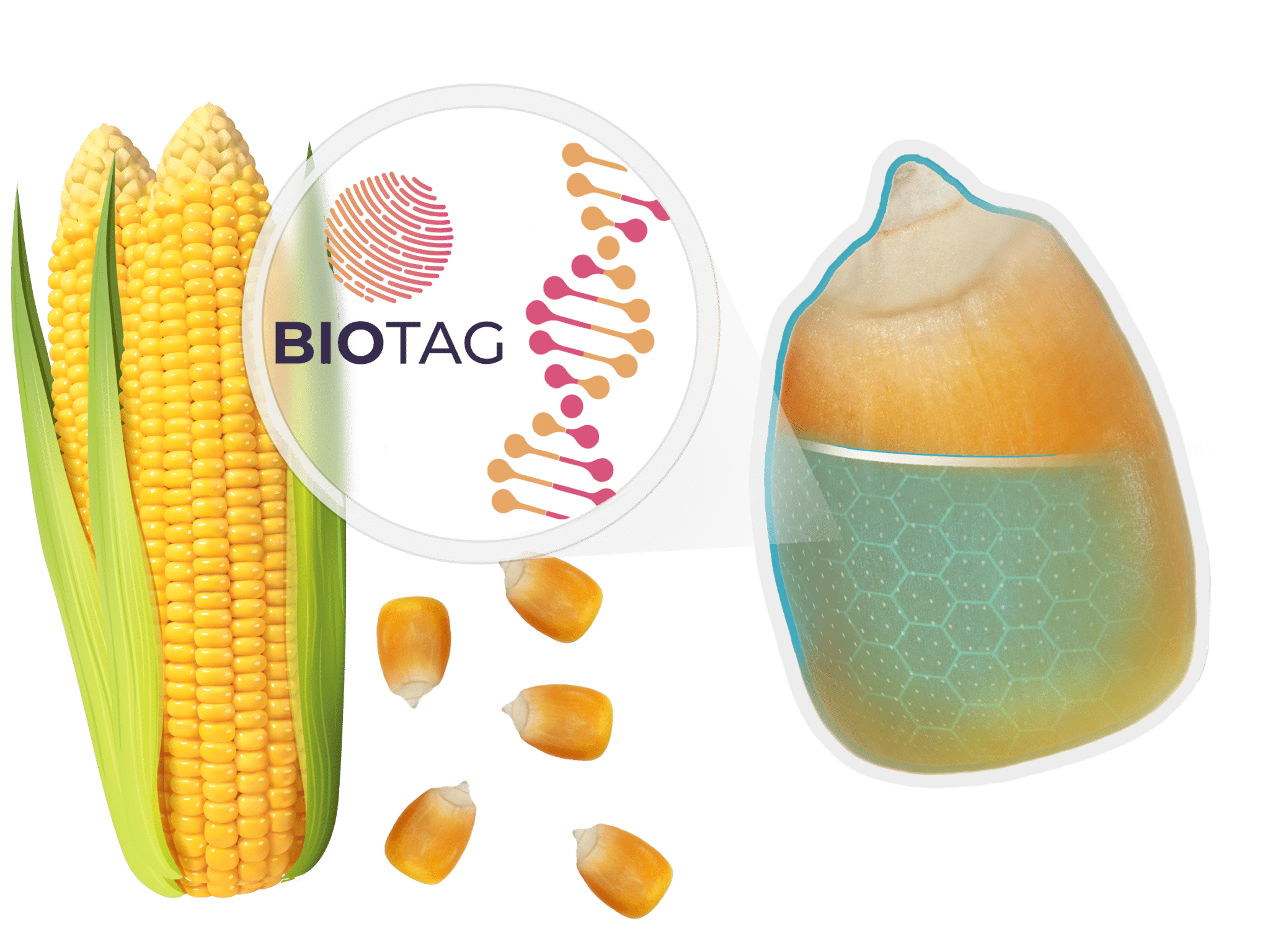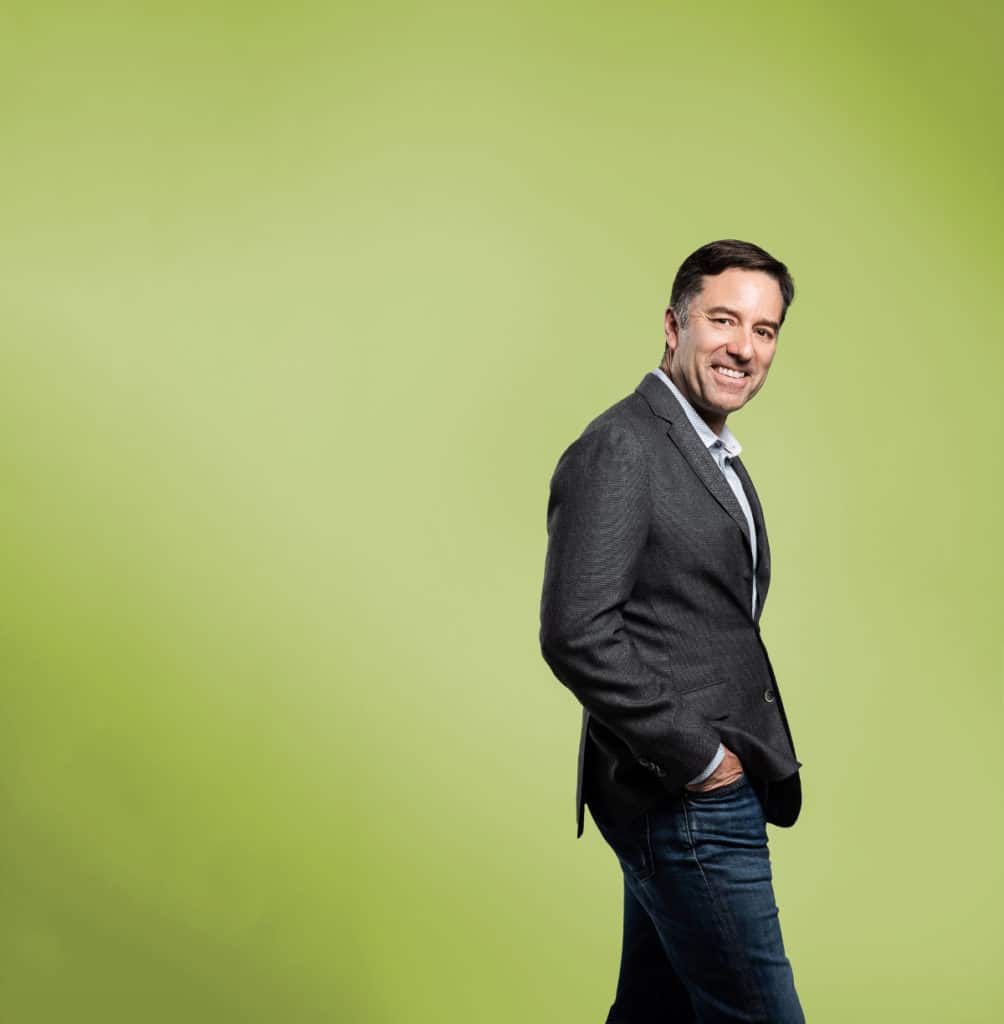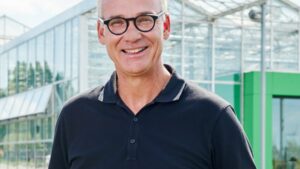Traditionally, seed companies rely on their packaging for traceability. The bag identifies the seed. Problem is, once that seed comes out of the bag, that valuable product is now open to theft and fraud. After all, you can’t put a barcode on each tiny seed to identify what it is or where it came from.
Or can you? Enter Canada’s Index Biosystems (Index) and its BioTags technology — microscopic fingerprints made from baker’s yeast that can be applied to seed to prove its identity. Their mission is to use biotechnology to imprint identity onto products, enabling brands to deliver a more secure and sustainable future.
Company CEO Michael Borg is a two-time startup founder and two-time first technical hire, leading to one IPO and two acquisitions. As an entrepreneur and software/data engineer, he identified the opportunity to link a physical product to its digital supply chain and now leads Index’s vision to leverage biology for improved supply chain traceability.
Prior to founding the Toronto-based Index, he worked at a licensed producer of medical cannabis and spent a lot of his time there writing software for seed-to-sale traceability.
“To satisfy regulations, we needed to be able to trace a batch of cannabis to a particular patient within seconds, and part of the challenge was that batches and various cultivars of cannabis were occasionally blended, and sometimes transformed into extracts,” he says.
It was there he met fellow Index co-founder Jeremy Friedberg, who introduced him to DNA barcoding for various cannabis cultivars.
“Using that technology, you could differentiate these cannabis cultivars based on their DNA, just like you can differentiate humans based on their DNA. As a software engineer who did a lot of tinkering in code, it was fascinating to me. That’s when BioTags were born.”
Instead of relying on a product’s existing DNA barcodes, Index leverages yeast as a scalable alternative to biological identification. The company incorporated in 2019 and since then has made substantial progress towards commercializing and safeguarding its IP around BioTags. It’s grown to a team of 17 and is in the process of building a large head office in the Greater Toronto Area.
Most recently, the company is completing commercial trials in seed.
“Seed is sort of our beachhead, you could say. We’re seeing some pretty terrific results in terms of our seed trials right now and we’re preparing for rapid growth,” Borg says.
That’s because seed companies need and want to protect their IP. By incorporating BioTags into a seed treatment, seed can literally be coated with a fingerprint allowing it to be easily and cheaply identified by virtually any seed lab anywhere in the world.
Industry requires a robust solution that can persist despite the absence of packaging or despite seed changing hands, Borg notes. BioTags act as a microscopic fingerprint that securely links a seed to supply chain data, and together with the Index customer portal, this solution enables true supply chain digitization and provides reliable product identification, according to the company.
It works like this: each BioTag is created with a custom-designed sequence that is bioengineered into baker’s yeast. No actual gene modification of the yeast takes place, which is extremely important when it comes to international regulations, he adds.
“We store these unique BioTag sequences in our customer portal, and they can be linked to owners and various supply chain data. The customer portal can be easily integrated with a seed company’s existing traceability systems. We then grow the BioTag batch just like any yeast product, and the batch is inactivated and dried. It’s basically a powder product and our stability studies have shown it is shelf stable for two years, but we’re likely going to see closer to four years of shelf stability.”
When incorporated into a seed treatment or seed coating, the yeast doesn’t affect the formulation in any way, Borg says. It can be applied in trace amounts to virtually any seed treatment and seed.
“We’re talking dosages that work at as low as parts per billion, but we have an opportunity to apply at higher dosages as well,” Borg says.
Detection can be achieved using PCR technology, which is used in seed labs all over the world, making BioTags a globally accessible technology.
“We believe BioTags have the potential to almost eradicate illegal seed practices. They not only provide brands with secure on-product evidence regarding permitted use, but the mere existence of a BioTagged seed will deter malicious actors from illicit acts. You have a level of sophisticated security, and the mere knowledge of it by stakeholders imposes self-regulation on illicit acts. How can you actually get away with it, now that [BioTags] exist,” Borg says.
“What you see in the music industry is digital rights management as an attempt at mitigating or reducing piracy. This is a similar solution, but for the biological world,” Borg adds.
Borg will speak March 22 at the Agri-Tech Innovation Summit in San Francisco, Calif. as part of the Gone in 60 Seconds Start-Up Showcase, in which six start-ups have one minute to pitch their solutions to the audience. The audience then votes for three start-ups to go through to the final, taking place the day after.
For more info visit worldagritechusa.com.













